

9:00 pm IST - 11:00 pm IST
Past Event
Content from the Brookings Institution India Center is now archived. After seven years of an impactful partnership, as of September 11, 2020, Brookings India is now the Centre for Social and Economic Progress, an independent public policy institution based in India.
Brookings India organised a briefing session on the Union Budget 2017 where scholars gave their analyses on topics of their expertise. Brookings India Executive Director Harsha Vardhana Singh spoke about trade and investment, Senior Fellow Shamika Ravi on health and gender dynamics, Fellow Rahul Tongia on implications for the energy sector, while Brookings India Chairman Vikram Singh Mehta moderated the session and also gave closing comments.
Harsha Vardhana Singh, Senior Fellow, Trade and Investment:
Shamika Ravi, Senior Fellow, Development Economics:
Rahul Tongia, Fellow, Energy and Sustainability:
Chairman and Senior Fellow Vikram Singh Mehta expressed his surprise at this year’s budget not being a populist one even with state elections round the corner, however he said he was disappointed at no specific allocations for research and development and clean energy, etc.
The discussion later shifted to the mention of UBI (Universal Basic Income) in India with Dr. Ravi calling it a way to rationalise subsidies and saying it cannot go hand in hand with the existing state of subsidies in India.
Towards the end, questions were taken from attendees wherein the UDAY scheme, GST, FDI, secondary and tertiary healthcare and administrative reforms were discussed.
The views are of the author(s). Brookings India does not have any institutional views.
Rishabh Trivedi contributed towards this report.
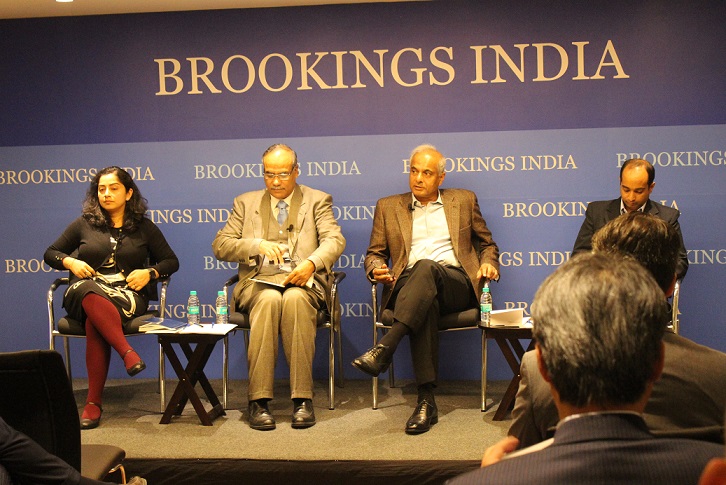
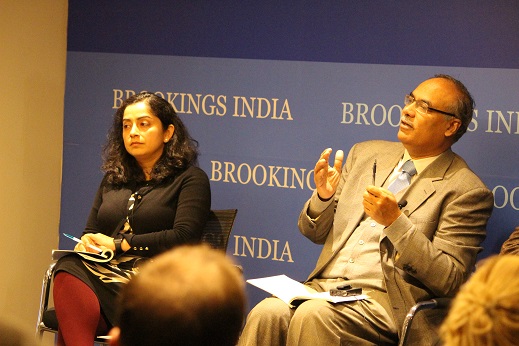
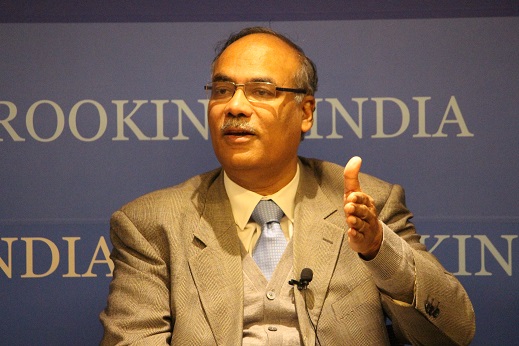
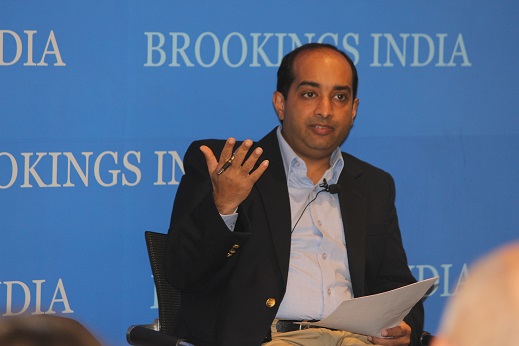
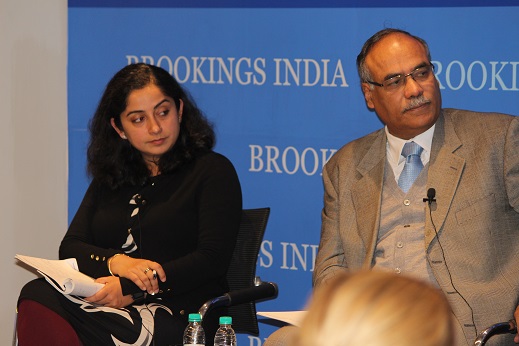
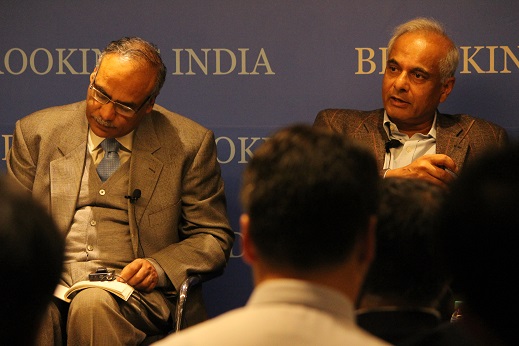
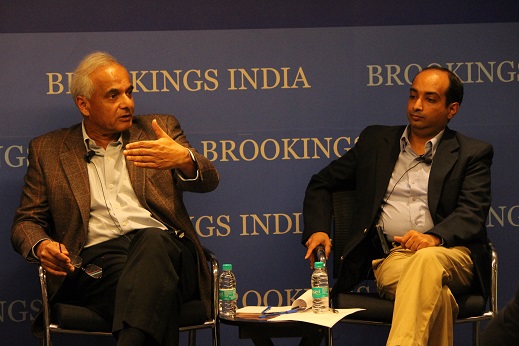
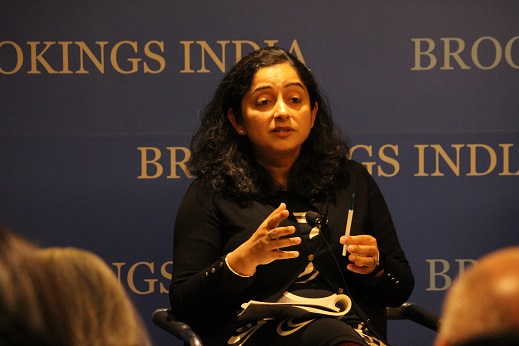
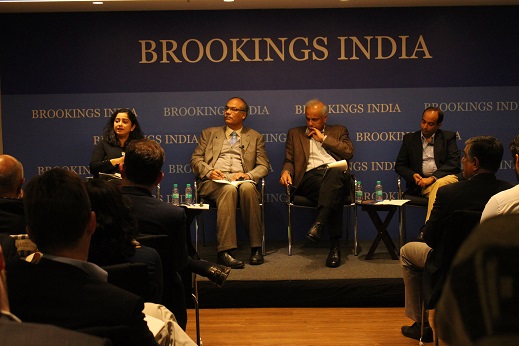

Rahul Tongia, Anurag Sehgal, Puneet Kamboj
2020
Online Only
3:00 am - 4:40 am IST

Saneet Chakradeo
August 18, 2020